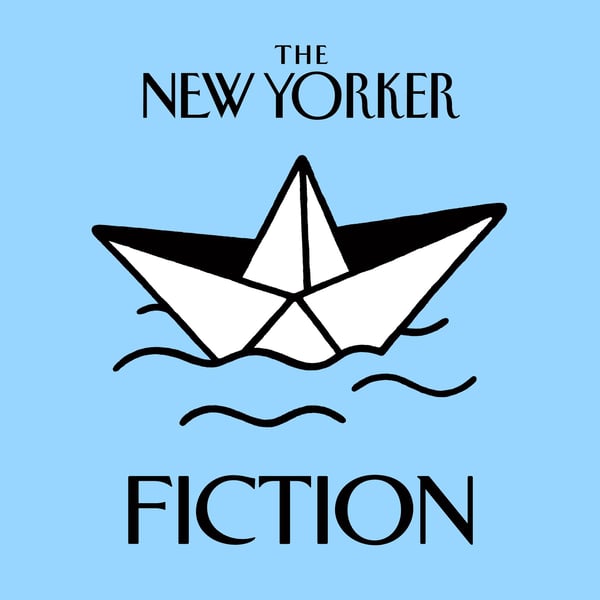Rachel Cusk Reads Marguerite Duras
The New Yorker: Fiction
WNYC Studios and The New Yorker
4.6 • 3.6K Ratings
🗓️ 1 May 2024
⏱️ 56 minutes
🧾️ Download transcript
Summary
Rachel Cusk joins Deborah Treisman to read and discuss "The Bible" and “The Stolen Pigeons” by Marguerite Duras, which were translated from the French, by Deborah Treisman, and published in *The New Yorker* in 2006 and 2007. Cusk is a winner of the Whitbread First Novel Award and the Somerset Maugham Award, and is the author of five books of nonfiction and twelve novels, including "Arlington Park," "Outline," "Transit," "Kudos," and "Parade," which will be published in June.
Transcript
Click on a timestamp to play from that location
| 0:00.0 | This is the New Yorker fiction podcast from the New Yorker magazine. I'm Deborah |
| 0:10.5 | Treisman fiction editor at the New Yorker. |
| 0:13.0 | Each month we invite a writer to choose a story from the magazine's archives to read and discuss. |
| 0:18.0 | This month we're going to hear two short pieces, |
| 0:21.0 | The Bible and the Stolen Pigeonsaree dures, which were translated from the French |
| 0:26.1 | by me and appeared in the New Yorker in December of 2006 and April of 2007. |
| 0:32.4 | The stories were chosen by Rachel Cusk who is the author of 12 |
| 0:35.8 | novels including the Outline trilogy and Parade which will be published in June. |
| 0:40.1 | Hi Rachel, thank you for joining us. |
| 0:43.6 | Hi, Denver. |
| 0:44.8 | So when we first talked about doing this podcast, you were very interested in reading and talking |
| 0:50.2 | about something by a French writer. |
| 0:52.1 | Why was that? I completely upended my life |
| 0:56.7 | almost three years ago and moved from England to France and I think that that hasn't just been a complete sort of U-turn in kind of personal history and sort of social feeling of belonging but in terms of literature |
| 1:15.8 | and language it's been a fundamental change and actually being asked to make a choice from something, I suppose, |
| 1:24.3 | royal call of the kinds of writers that I would have naturally sort of |
| 1:28.4 | search for that very much belonged to that sort of discarded or defunct history seemed completely strange and |
| 1:35.2 | and so now I mostly read in French it felt much more natural to find something |
| 1:40.8 | French and Margaret Jorass has been very important writer for me in that |
| 1:44.3 | in that process. Yeah when we talked about your house she said that she had been a load |
| 1:48.3 | star for you in what way? Well I mean the way that I acquired the level of French that I needed to be able to live here was not from going and having language classes which I probably should have done but from reading and when I picked up Jorass I was really surprised to find that of all the |
| 2:08.9 | writers that I had attempted she was by far the easiest to comprehend her French was so |
... |
Please login to see the full transcript.
Disclaimer: The podcast and artwork embedded on this page are from WNYC Studios and The New Yorker, and are the property of its owner and not affiliated with or endorsed by Tapesearch.
Generated transcripts are the property of WNYC Studios and The New Yorker and are distributed freely under the Fair Use doctrine. Transcripts generated by Tapesearch are not guaranteed to be accurate.
Copyright © Tapesearch 2025.

